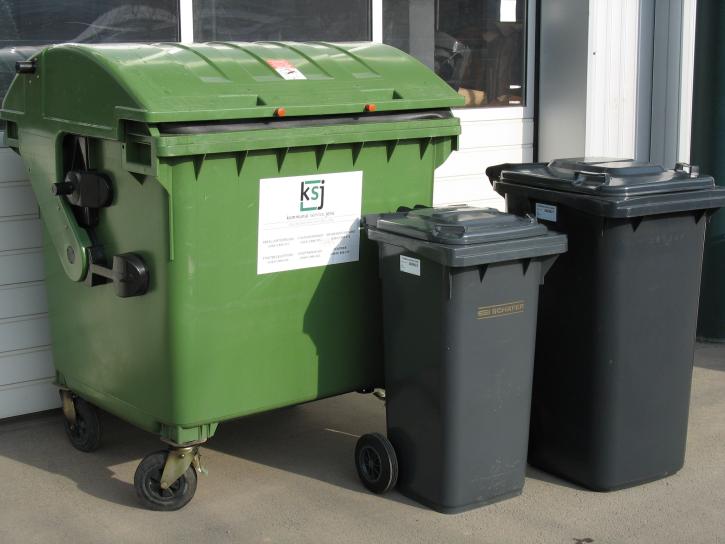
The city of Jena is facing an important and difficult decision in order to protect the environment and continue to make waste management sustainable. At the city council meeting on November 22, 2023, a decision will be made to increase waste disposal fees for the first time in 11 years.
As a public waste disposal company, Kommunalservice Jena (KSJ) has been faced with the challenge of inflation and the associated cost increases for some time. This situation will be further exacerbated from 2024 by the inclusion of waste management in emissions trading. The Fuel Emissions Trading Act (BEHG) will in future include the thermal treatment of waste (residual waste treatment) in the national emissions trading system and impose a carbon tax on it. Legislation provides for a levy (CO² tax) of €40/t CO² for 2024, rising to €55-65/t CO² by 2026.
In addition, there is a massive increase in procurement costs in all areas. Increased wage costs due to collective wage agreements are also contributing to the additional burden.
The recalculation results in additional costs of €57.88/year for a 4-person household if a 120 l residual waste container is emptied twice per calendar half-year.
Specifically, the changes to the waste charges are as follows:
- The basic fee when connected to 60, 120 and 240 l residual waste garbage cans for the disposal of waste from private households per officially registered person and half-year will increase from the current €21.42 to €27.85.
- The basic fee for connection to 660 and 1,100 l residual waste containers in large residential complexes will increase from the current €19.14 to €24.88.
- Quantity-dependent fee for the disposal of residual waste from households and commercial facilities per emptying:
- 60 l from the current €3.44 to €4. 47,
- 120 l from currently € 5.37 to € 6.98,
- 240 l from currently € 8.81 to € 11.45 and
- 1.100 l from currently € 16.61 to € 21.59.
The KSJ has been pursuing a consistent material flow strategy for several years, which has contributed significantly to keeping waste fees stable over such a long period of time. This has made it possible to reduce recycling costs for individual types of waste and increase income from the marketing of secondary raw materials. Citizens can support this by continuing to consistently separate their waste.
 Deutsch
Deutsch English
English